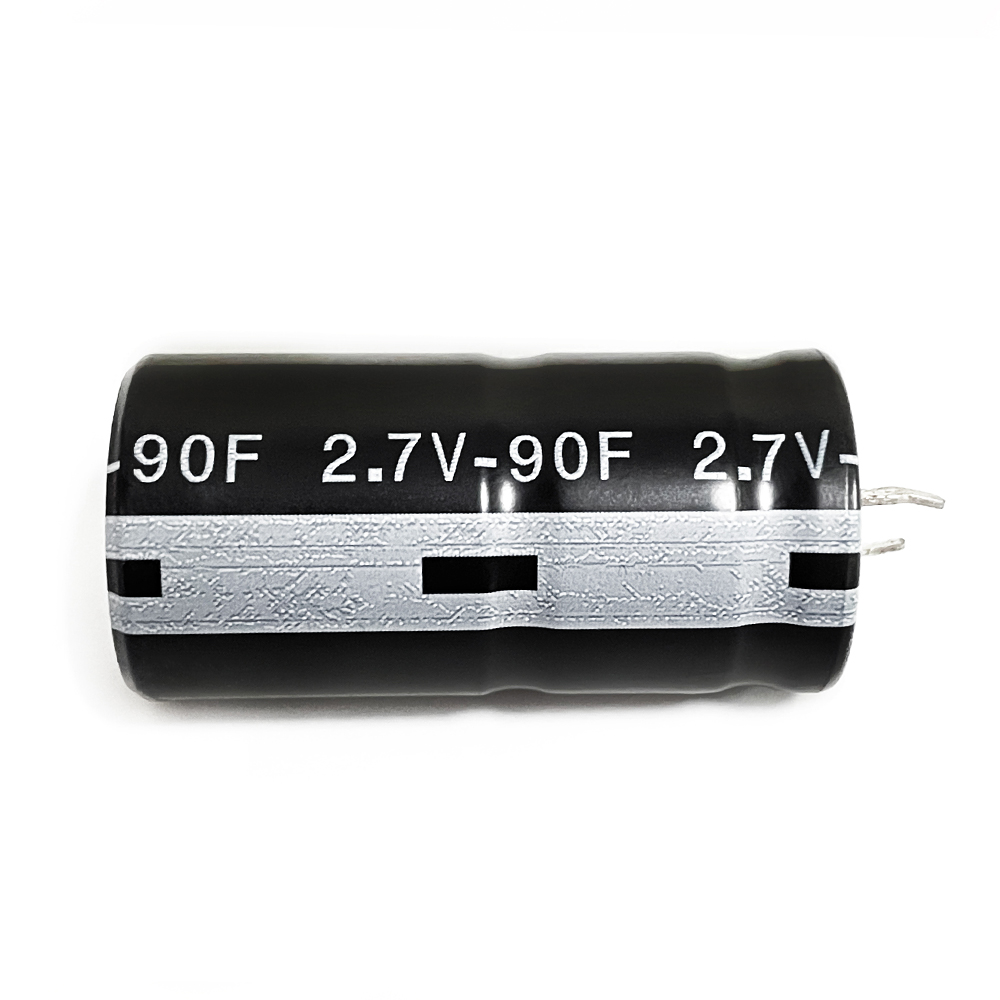A supercapacitor is a new type of electrochemical component used to store electrical energy. Positioned between capacitors and batteries, it leverages the special interactions between electrodes and electrolytes to store energy. As a powerhouse in terms of capacitance among capacitors, supercapacitors are widely utilized in various electronic devices due to their large capacitance and fast charging speed. Frequently, people compare supercapacitors with batteries as energy storage devices.
This article provides answers to common questions about supercapacitors.
Q: Is the charging speed of supercapacitors faster than that of batteries?
A: In the energy storage process, supercapacitors store charges directly without undergoing chemical reactions, resulting in no impedance generated by electrochemical reactions. The charging and discharging circuits are simple, making the charging speed of supercapacitors much faster than that of batteries. They can reach over 95% of their rated capacity in 10 seconds to 10 minutes, while batteries take more than half an hour to charge to 70% of their rated capacity.
Q: Can supercapacitors achieve perpetual motion?
A: Supercapacitors cannot achieve perpetual motion. They are electrochemical components with a limited lifespan. After a period of use, the energy storage capacity of supercapacitors gradually decreases, requiring regular maintenance or replacement.
Q: Are supercapacitors truly environmentally friendly?
A: Supercapacitors are environmentally friendly. The electrode materials used in the production of supercapacitors are mostly carbon-based, a common resource on Earth that is easily accessible. The production, use, storage, and dismantling processes do not cause environmental pollution, making supercapacitors environmentally friendly and an ideal green energy source.
Q: Is a supercapacitor more cost-effective than a battery of the same volume?
A: Comparatively, a supercapacitor may not always be more cost-effective than a battery of the same volume. Although supercapacitors have advantages such as high energy density, rapid charging and discharging, and a long service life, their manufacturing cost is higher, resulting in a relatively higher price. Therefore, when comparing the two in terms of the same volume, the cost-effectiveness of supercapacitors versus batteries depends on specific application scenarios and requirements.
This article was provided by JYH HSU (JEC) Electronics. JEC is a research, development, production, and sales-oriented company specializing in manufacturing and selling various electronic components such as capacitors and resistors.
Post time: Nov-20-2023

